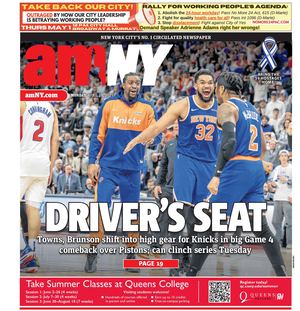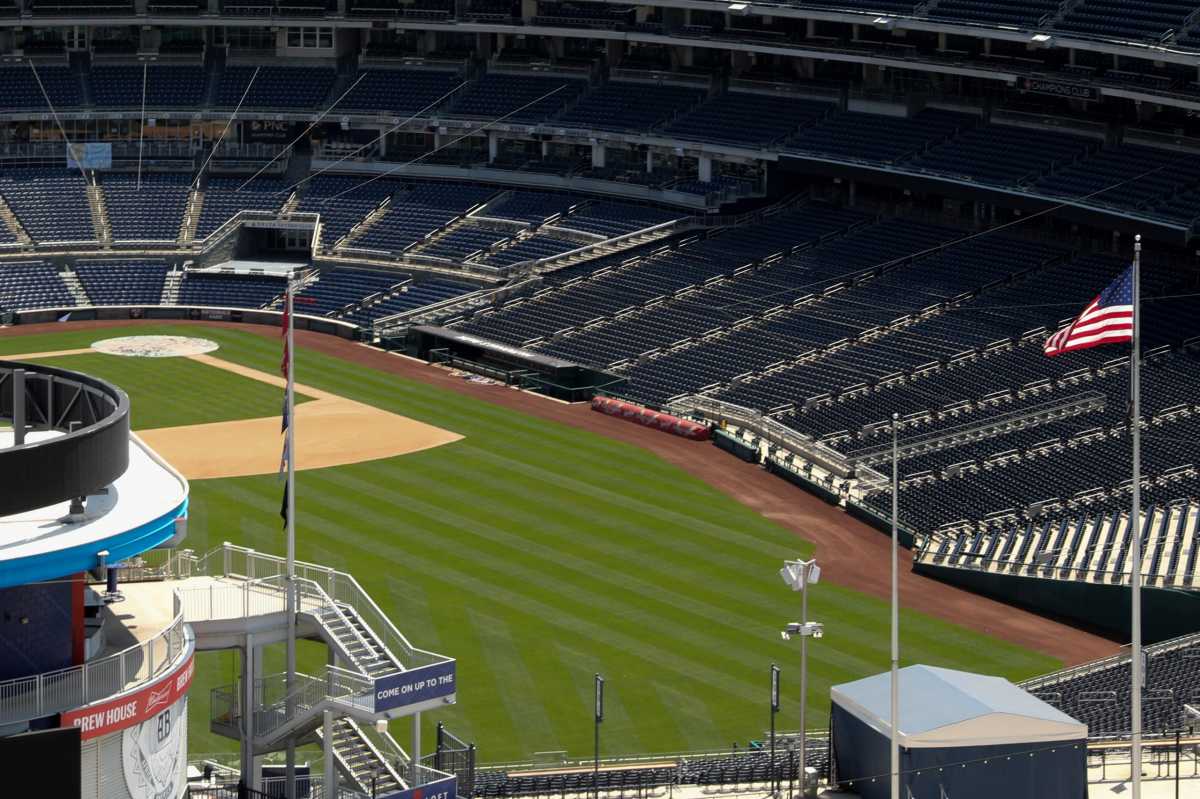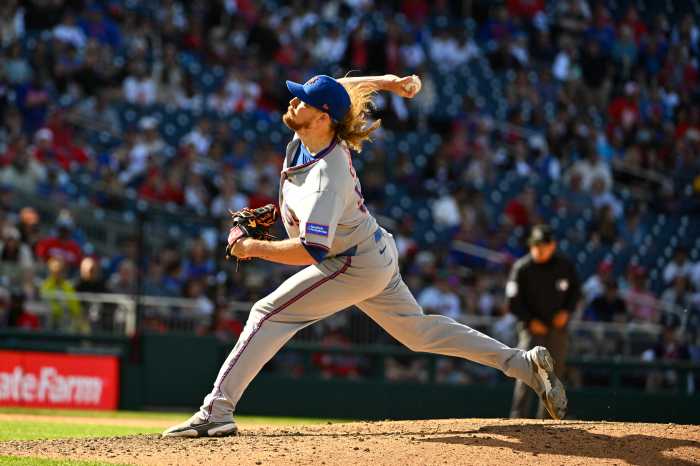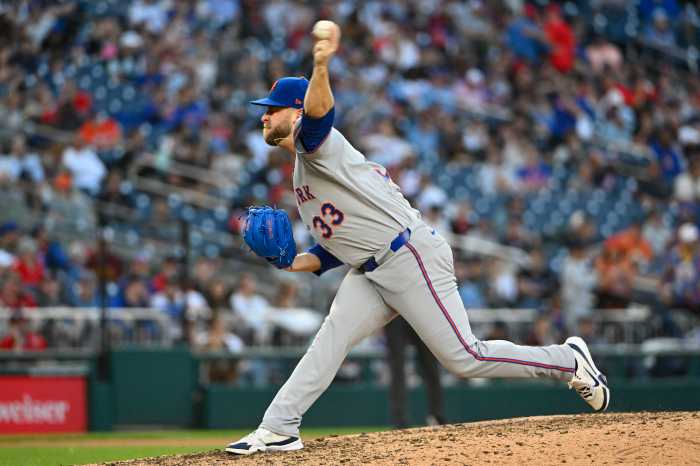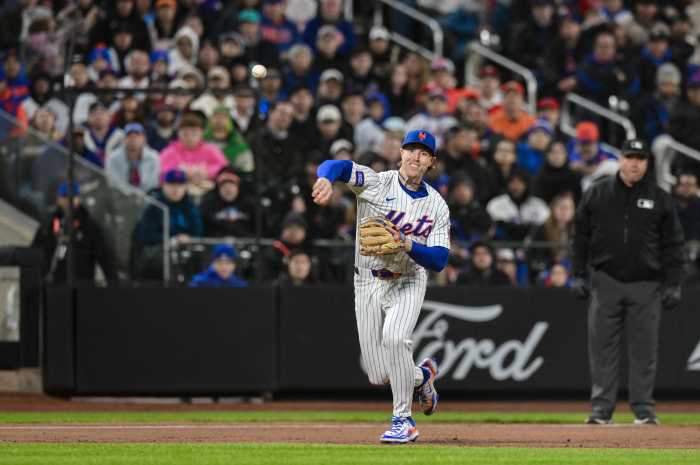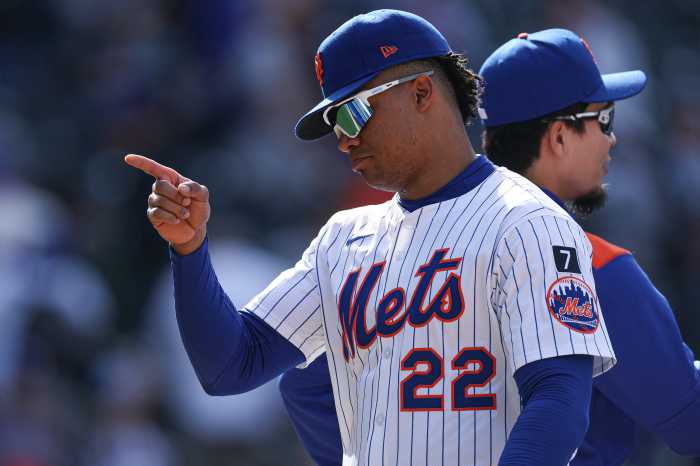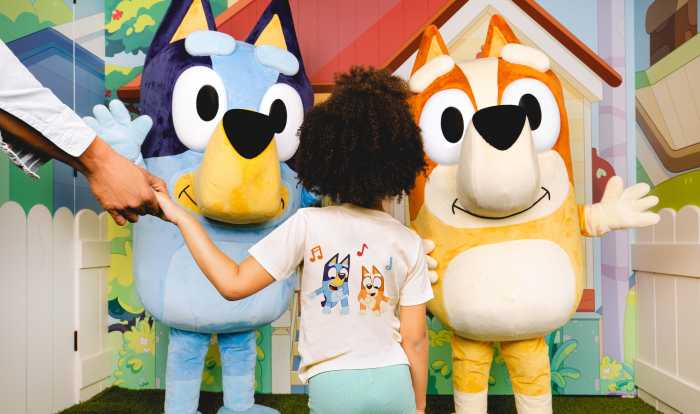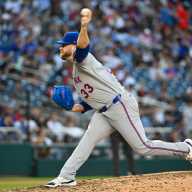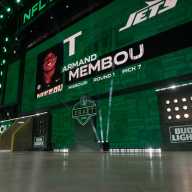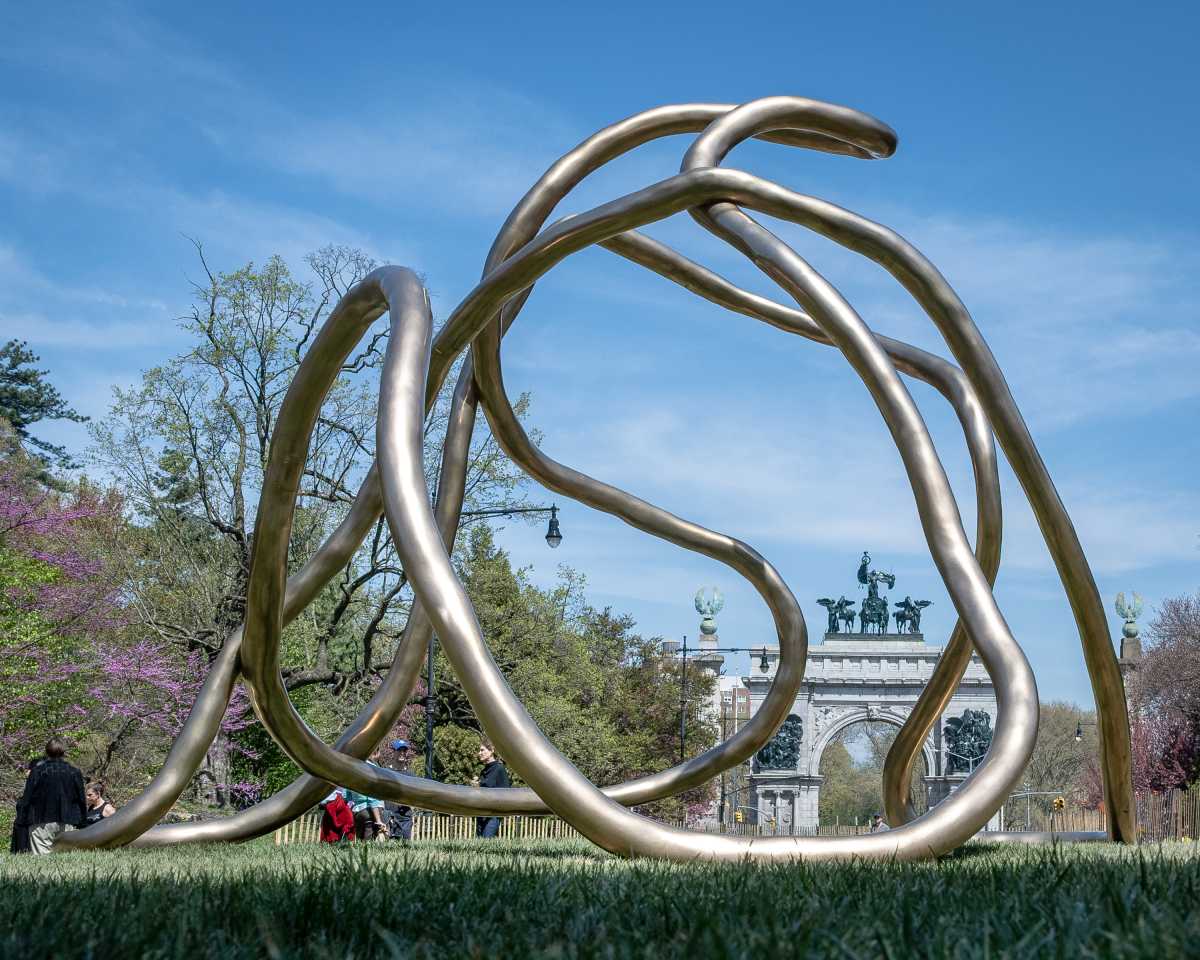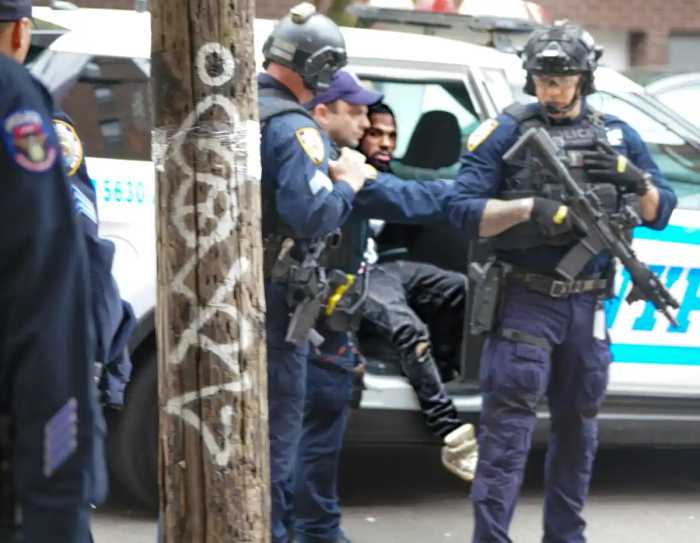“Defer no time; delays have dangerous ends.”
It’s cliched and hyperbolic to quote Shakespeare most of the time, but this simple line from Henry IV, Part I serves as prudent foreboding for baseball.
Major League Baseball rejected the players’ union’s (MLBPA) latest proposal of a 114-game season with prorated salaries and it seems that negotiations are screeching to a halt.
Per reports, the league is not going to counter the players’ latest proposal but rather discuss with team owners about a shorter season without fans before discussing “additional ideas with the union,” per The Athletic’s Ken Rosenthal.
It’s the latest installment of the high-stakes game of chicken between employer and employee with both parties unwilling to budge from their core values.
The players want their prorated salaries — receiving normal compensation but only for the number of games played — while the owners are citing average losses of $640,000 per game without fans in attendance to push more pay cuts on the players.
Back in March, just two weeks after spring training was canceled and Opening Day postponed because of the coronavirus outbreak, the two parties agreed on prorated salaries, which the players are hanging their hats on. It’s why they rejected the league’s initial 50-50 revenue split and the sliding system of cuts that impacted the game’s highest-paid players more.
If any optimism were to remain surrounding negotiations that have now dragged on for three weeks, it will live in the idea that the league will come back with a shorter-season plan to guarantee big bucks that come with postseason TV revenue and a tweaked system of salary cuts to appease the players a little bit more.
There isn’t much hope for such optimism, however, because stubbornness has MLB is squandering its chance to make an impact on the American landscape with each passing day.
While baseball might be one of the jewels of American ingenuity, it has dropped by furlongs off the pace of the NFL and NBA — inarguably the two most popular sports in the United States.
As the athletics world started working its way back from the COVID-19 pandemic, baseball had a legitimate shot of being the first “Big 4” sports league to return to action after owners initially accepted the league’s return-to-play plan in mid-May.
It supposedly gave ample time for plans to be hammered out, a second spring training to take place in mid-June, and Opening Day to come in early July.
Now as negotiations have hit a roadblock with the league, its owners, and even the players disregarding the morale of a nation, that timeline is under a serious threat.
Meanwhile, the NHL and NBA have drafted concrete plans to return to action in late July with the NFL still set on a regularly-scheduled Week 1 start right after Labor Day.
Even if it is for a few weeks, MLB being the only major North American sports league in action would have done wonders for sport’s popularity with a younger demographic that has made it clear they want LeBron James or Patrick Mahomes over Mike Trout.
They are squandering that opportunity and leaving a bad taste in mouths of fans that also trudged through the 1994 strike that canceled the World Series.
If the league and the players can’t come to an agreement — regardless of fault — MLB is only going to lose more fans thanks to the optics that have all of its members coming out as greedy.
There also comes the risk of other leagues — particularly the NBA — coming to the revelation that it could hit new heights during the summer with this coronavirus-affected scheduling change.
Without the NFL or even the NHL to contend with during the fall, basketball’s popularity could bring an entirely new dimension to a sports schedule that is largely dominated by baseball in the summer.
While it’s a hypothetical situation, such a scenario would be a disaster for MLB as attendance could be hit in a number of their cities that share with NBA teams while TV viewership would likely drop exponentially.
Just that idea should be enough for the league and the union to kick it into high gear, get this resolved, and get back on the field because right now, their inactivity could lead to disaster.
Just ask Shakespeare.
